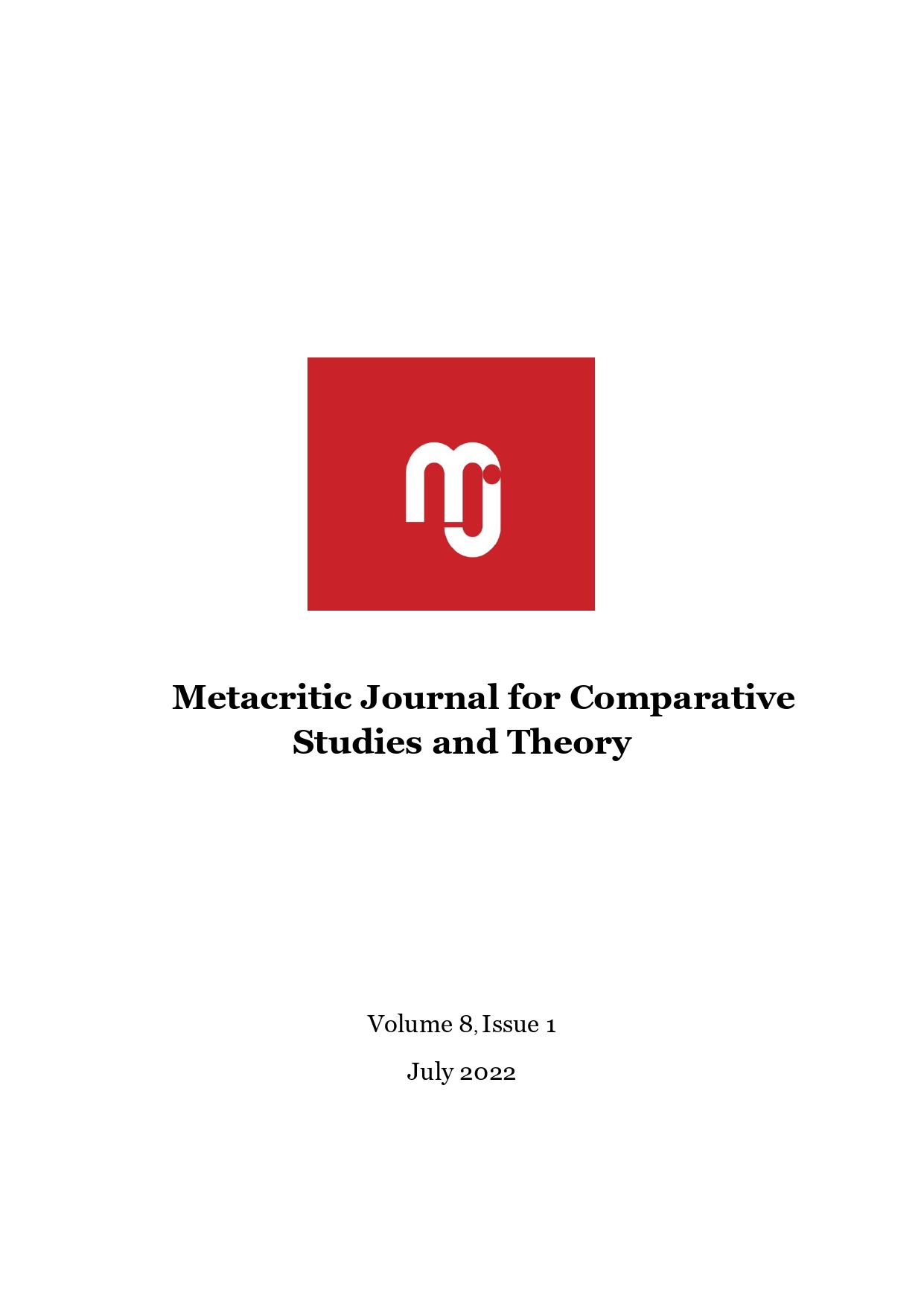Changing the Modes of National Representation: Anthologies of Lithuanian Poetry for Foreign Readers (1978–2013)
This article examines how Lithuanian poetry was represented for foreign readers in 15 anthologies published from 1978 to 2013 in Lithuania and abroad. The object of investigation is not a huge corpus of authors representing the official canon but the cultural, historical, political, and aesthetic aspects of Lithuanian poetry revealed in the prefaces of the anthologies. The 35 year-long process of anthologisation reveals the changing modes of national representation: the trajectory from the unknown, closed or even censored Lithuanian literature (which was oppressed by social realism and divided in two parts – exodus and Soviet Lithuanian literature) to a united picture of national literature and later to the crumbling mosaic of its parts (representing particularities grouped by gender, generations, subjects, grouping and so on). During the Soviet period the more precise translation process of Lithuanian poetry for foreign readers became possible in 70s. Till the end of the 20th century the main goal of compilers of anthologies as well as authors of prefaces was to represent national literary history beginning with the 18th century and its origins in folk culture, and highlight the historical circumstances of delayed development of national literature. From the beginning of the 21st century the care about national literature’s representation turns into a commercial project orientated towards international text circulation. According to global conditions the political resistance clearly expressed in poetic writings which was so important for the compilers of the 20th-century anthologies has transformed into the political-economic literary battlefield (the battle for publishing, translations, resistance against the dominant literary tendencies, establishment of individuality) marking a radically different political resistance.
More...








